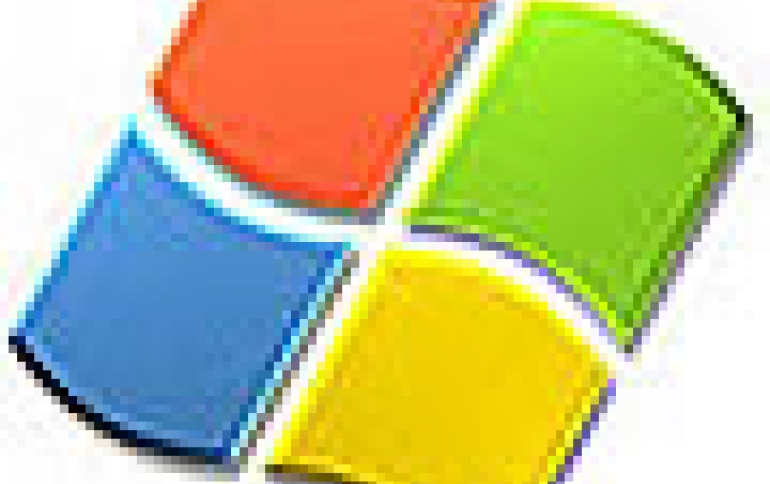
Microsoft offers to replace fake copies of Windows XP
Software pirates' increasing skill at creating counterfeit versions of Windows XP has prompted Microsoft to introduce a pilot program that offers to verify whether consumers' software is legitimate and replace fake versions with authentic goods.
The pilot program was launched Wednesday in the U.K. and is aimed at tracking down counterfeit versions of Windows XP that come preinstalled on new PCs sold by systems integrators. Microsoft is hoping to glean information on counterfeiters and their techniques for creating what company representatives have characterized as "high-quality" fakes of Windows XP.
Not only has the piracy rate increased in recent years but the "level of sophistication is unprecedented," said Alex Hilton, license compliance manager at Microsoft U.K.
Consumers who suspect that their software may not be legitimate can send it in for analysis. If Microsoft finds the software is counterfeit, it is offering to replace it for free, with certain terms and conditions, such as a proof of purchase.
Microsoft is hoping that the program will also make customers aware of the difficulties of not having legitimate software, Hilton said. Companies that buy PCs with pirated software not only face legal concerns, but could find that their network security is compromised, he said.
The program is part of a broad effort by Microsoft to stem worldwide piracy, which is estimated to cost the software maker billions of dollars a year in lost licensing revenue, it said.
With the U.K. program, Microsoft is "trying to get to the source of the problem," Hilton said.
The program is currently limited to U.K. residents who purchased Windows XP preinstalled on a new computer before Nov. 1. Submissions must be received by Dec. 31.
While other markets have much higher piracy rates than the U.K. -- which has an estimated rate of about 29 percent -- it might be too financially prohibitive to offer the exchange program in those countries, Hilton added.
Not only has the piracy rate increased in recent years but the "level of sophistication is unprecedented," said Alex Hilton, license compliance manager at Microsoft U.K.
Consumers who suspect that their software may not be legitimate can send it in for analysis. If Microsoft finds the software is counterfeit, it is offering to replace it for free, with certain terms and conditions, such as a proof of purchase.
Microsoft is hoping that the program will also make customers aware of the difficulties of not having legitimate software, Hilton said. Companies that buy PCs with pirated software not only face legal concerns, but could find that their network security is compromised, he said.
The program is part of a broad effort by Microsoft to stem worldwide piracy, which is estimated to cost the software maker billions of dollars a year in lost licensing revenue, it said.
With the U.K. program, Microsoft is "trying to get to the source of the problem," Hilton said.
The program is currently limited to U.K. residents who purchased Windows XP preinstalled on a new computer before Nov. 1. Submissions must be received by Dec. 31.
While other markets have much higher piracy rates than the U.K. -- which has an estimated rate of about 29 percent -- it might be too financially prohibitive to offer the exchange program in those countries, Hilton added.





















